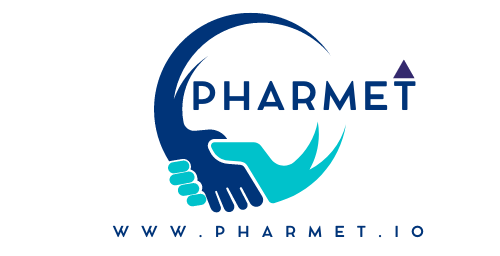No products in the cart.
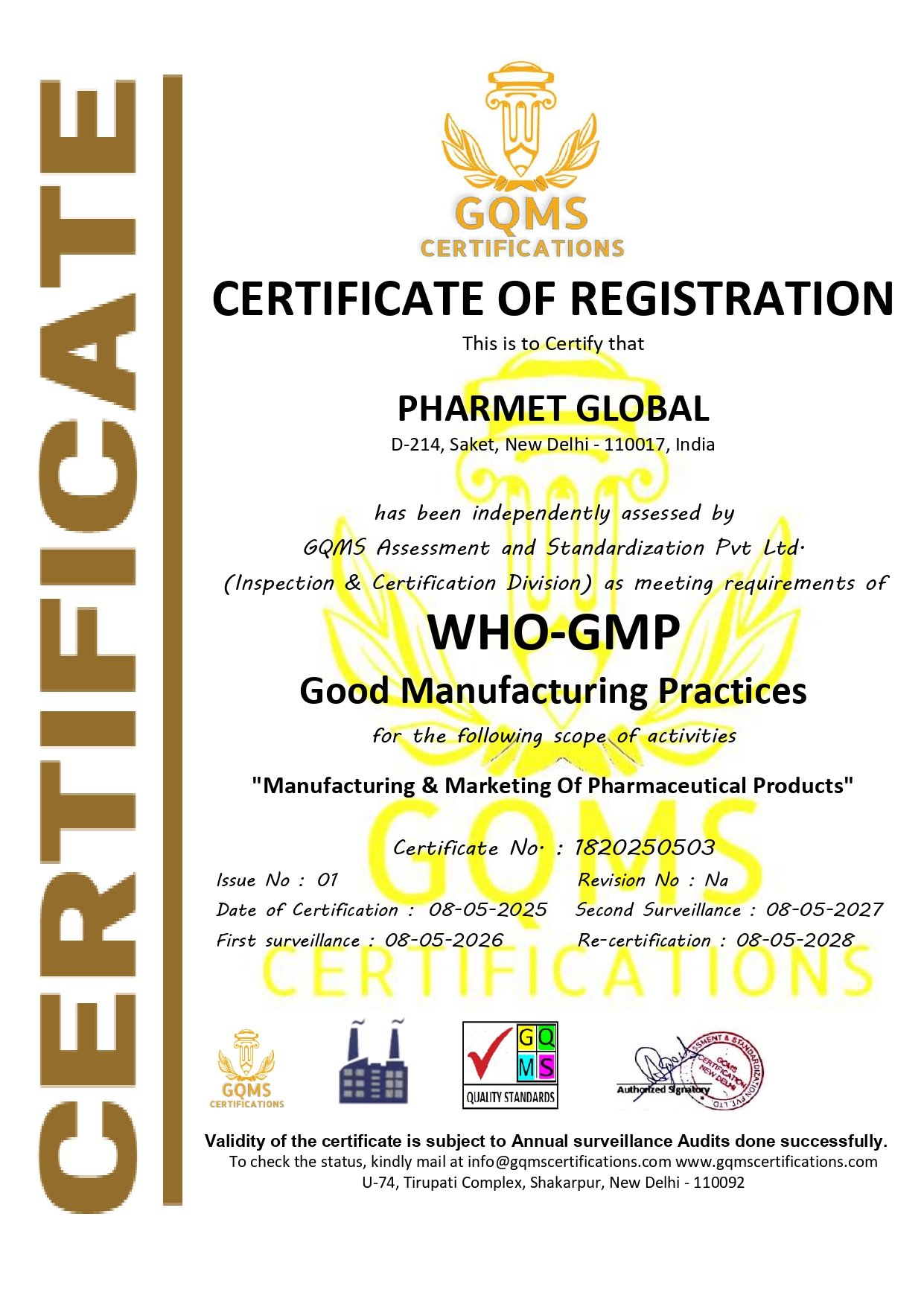
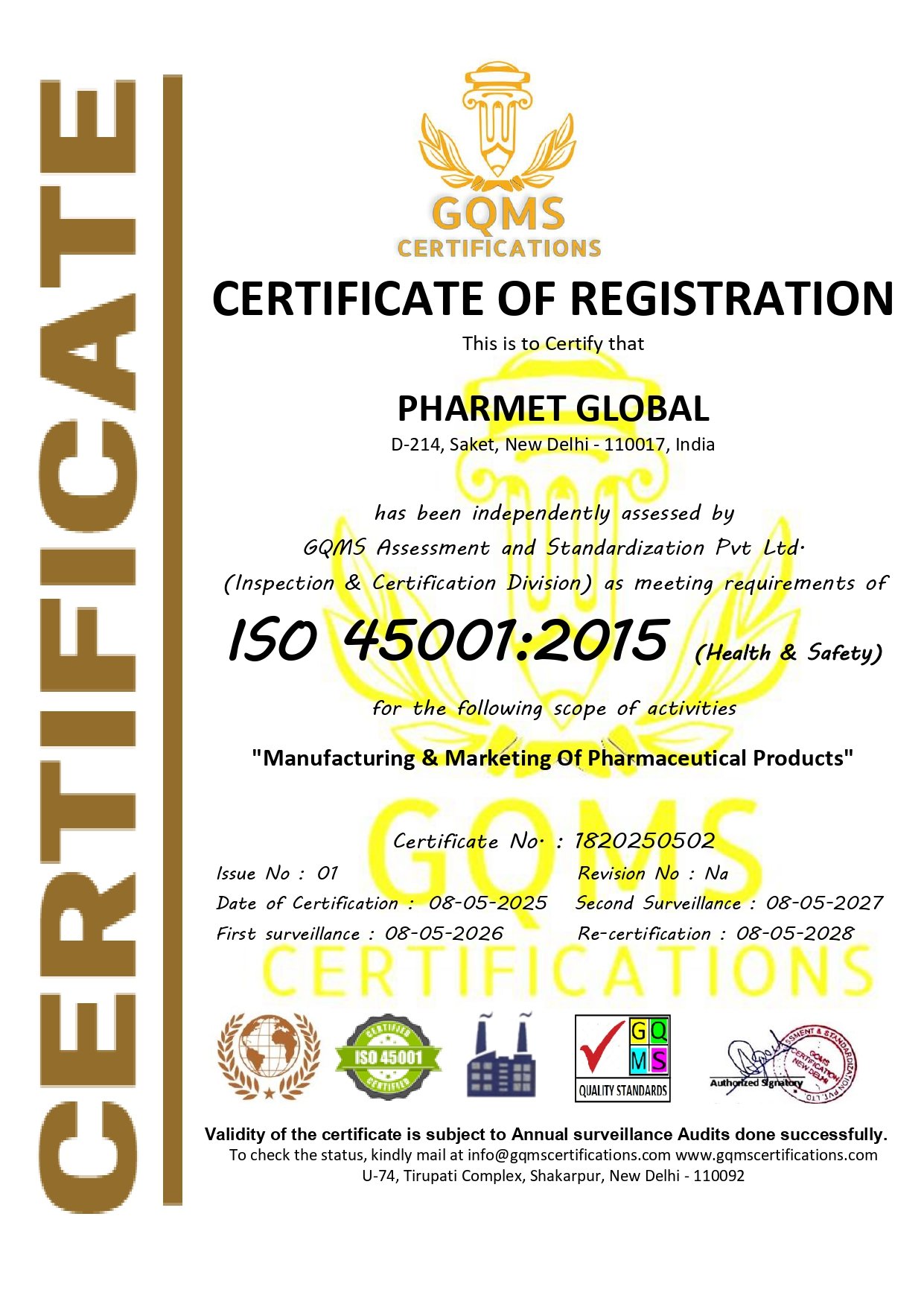
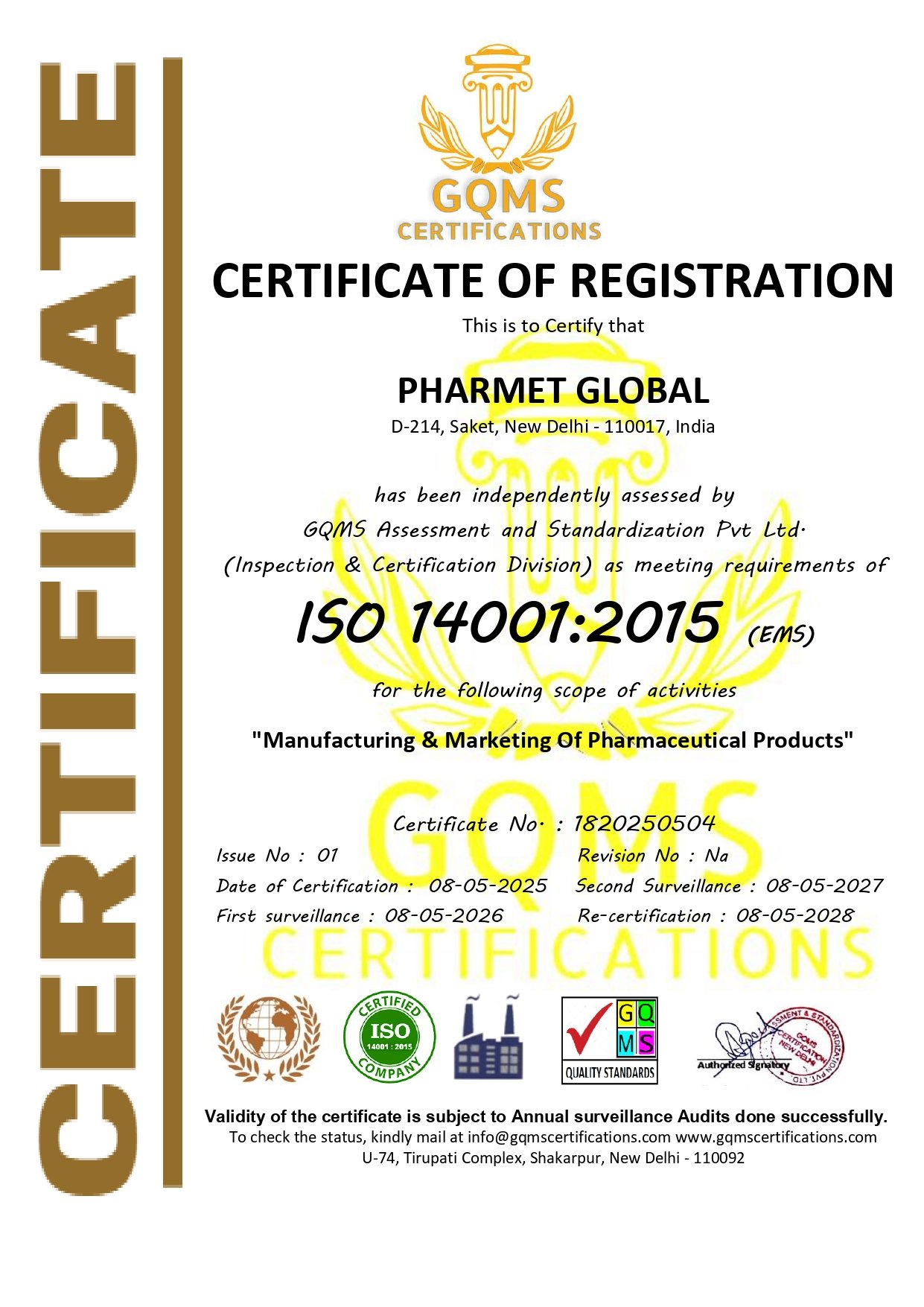
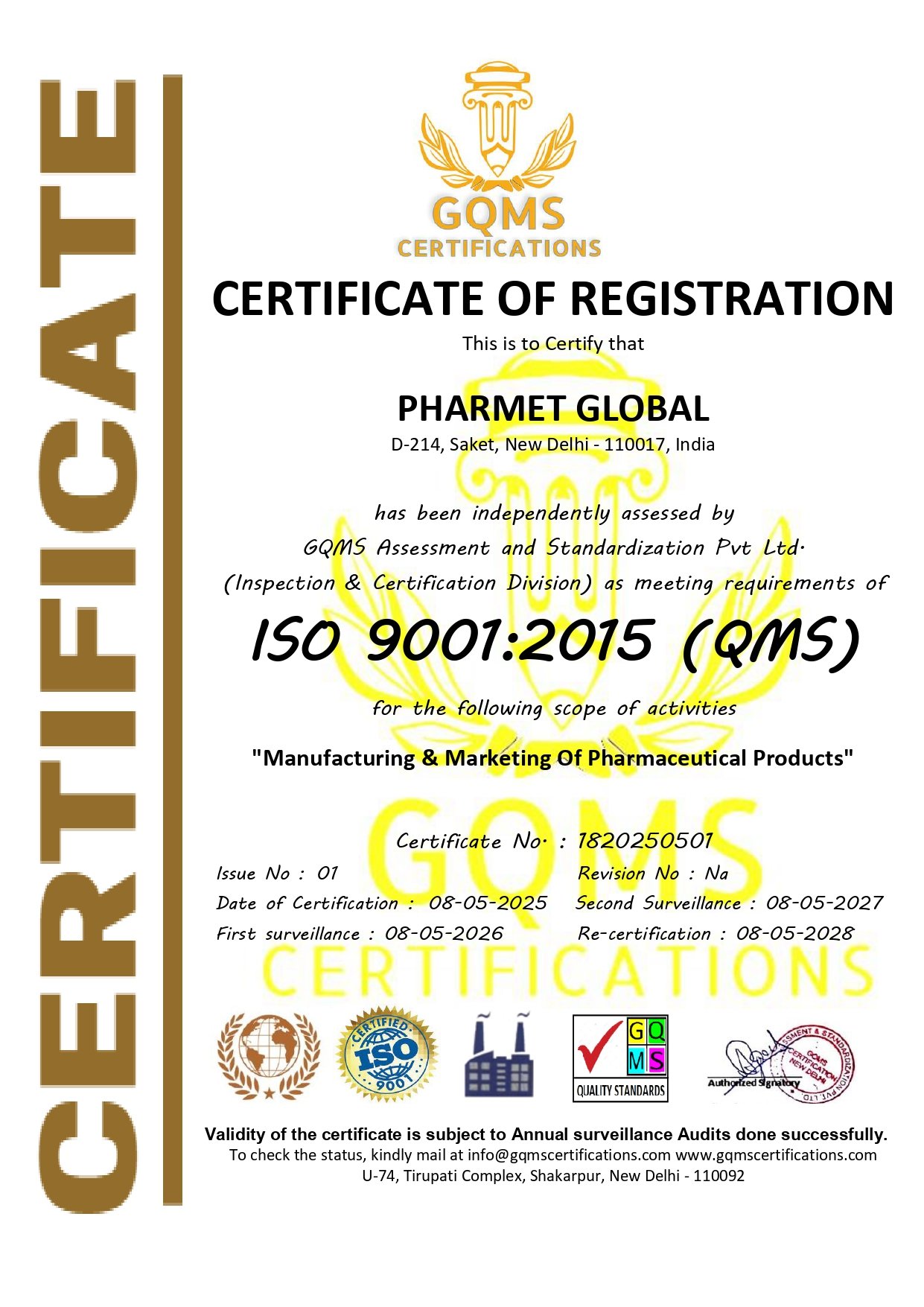
WHY PHARMET ENSURE WORLD CLASS CERTIFICATIONS OF YOUR MANUFACTURING FACILITIES?
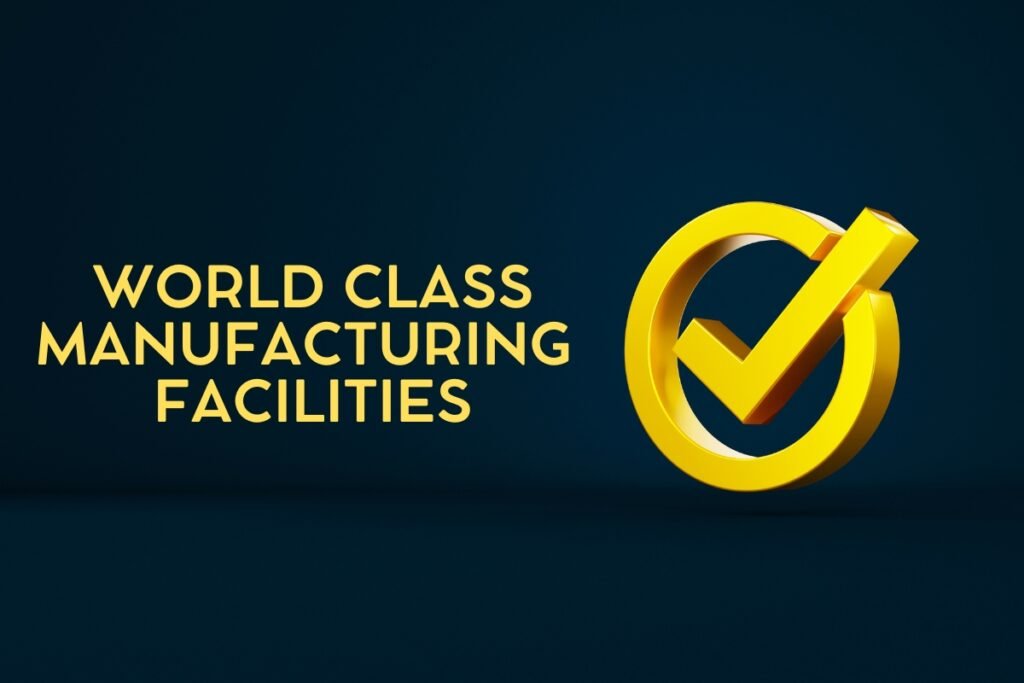
The Importance of World-Class Certifications for Manufacturing Facilities
In today’s interconnected global marketplace, ensuring the highest standards of manufacturing excellence is more critical than ever. For manufacturers, possessing internationally recognized certifications such as WHO-GMP, GLP, ISO 9001, ISO 13485, and others is not merely a matter of prestige; it is a fundamental requirement for achieving seamless regulatory approvals and maintaining trust among stakeholders in the import countries.
Key Certifications and Their Importance
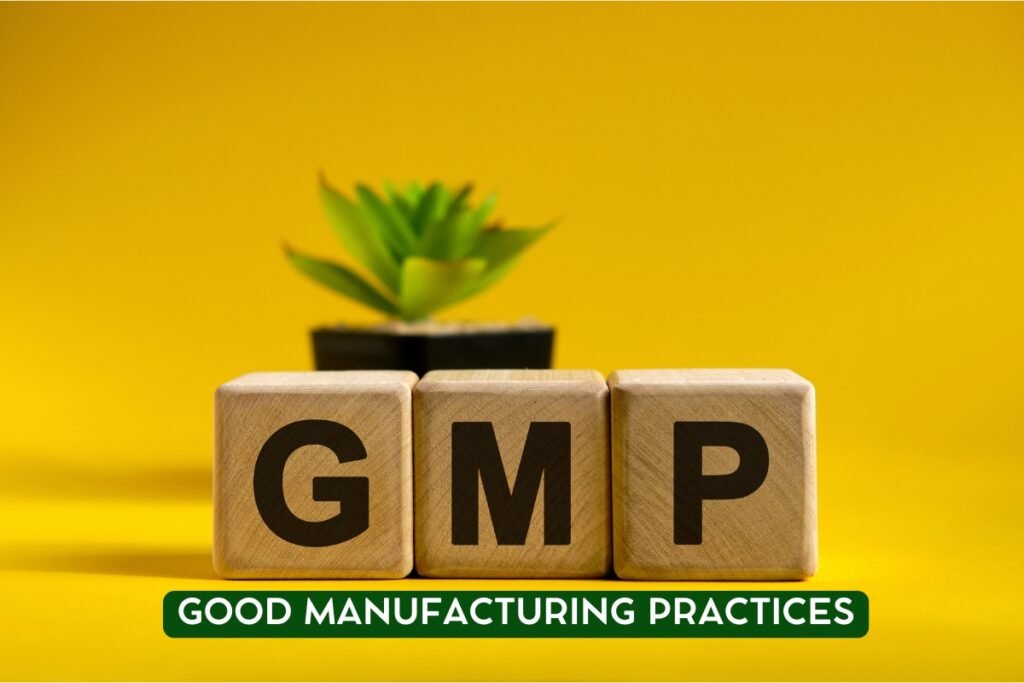
WHO-GMP (Good Manufacturing Practices)
- Ensures that products are consistently manufactured and controlled to quality standards appropriate for their intended use.
- Demonstrates adherence to stringent hygiene, quality control, and safety protocols, which are critical for pharmaceuticals, food, and cosmetics.
- Facilitates smooth regulatory clearances, as WHO-GMP certification is often a prerequisite in many import countries.
GLP (Good Laboratory Practices)
- Focuses on quality systems for non-clinical laboratory studies, ensuring data integrity, traceability, and reliability.
- Critical for regulatory submissions in pharmaceuticals, chemicals, and agrochemicals, ensuring compliance with international standards like those of the FDA or EMA.

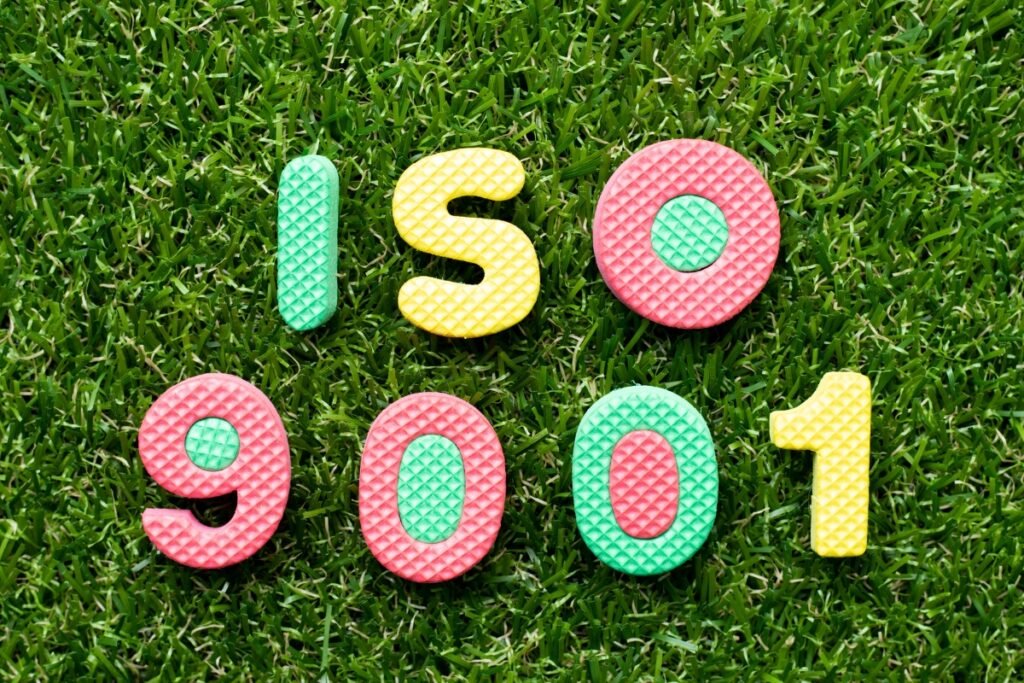
ISO 9001 (Quality Management Systems)
- The gold standard for quality management, applicable across industries.
- Ensures a process-oriented approach to manufacturing, driving consistency, continual improvement, and customer satisfaction.
- Globally recognized, making it indispensable for building trust in international markets.
ISO 13485 (Medical Devices Quality Management)
- Specifically tailored for medical device manufacturing, covering design, development, production, and servicing.
- Ensures compliance with international medical device regulations, such as the EU MDR and US FDA requirements.
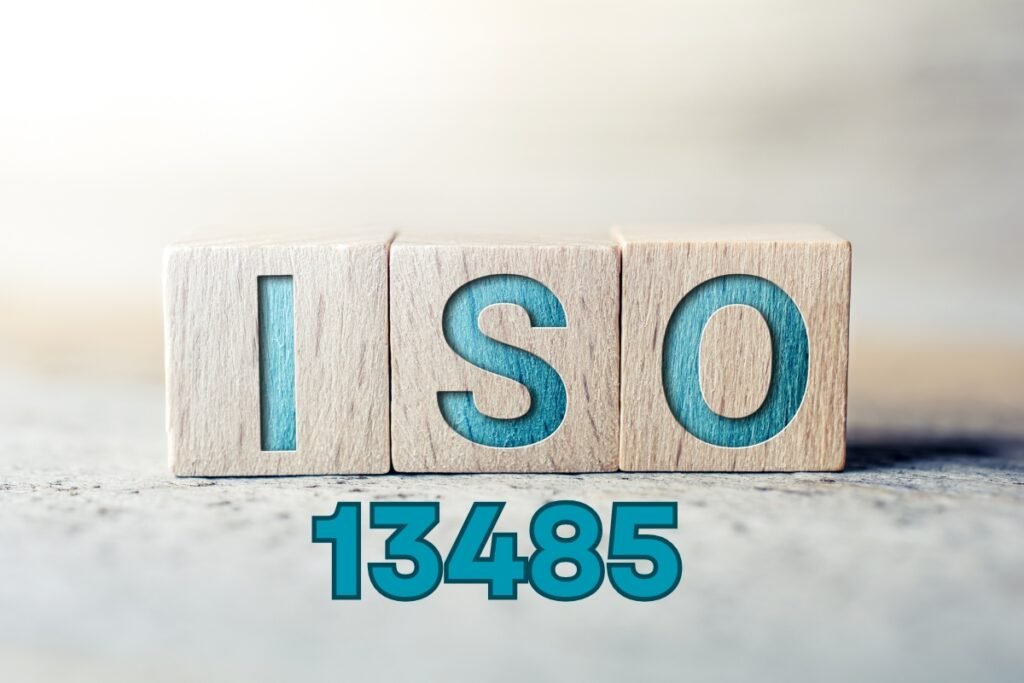
Benefits of World-Class Certifications

Regulatory Compliance and Seamless Approvals
Import countries have stringent regulatory frameworks to ensure that imported products meet safety, efficacy, and quality standards.
Certifications like WHO-GMP and ISO 13485 act as pre-validation, expediting regulatory clearances and reducing the risk of rejections or delays.

Global Market Access
Possessing internationally recognized certifications builds confidence among distributors, regulators, and consumers in import markets.
Opens doors to new geographies, particularly in highly regulated regions like the EU, US, and Japan.

Quality Assurance
Certifications ensure that every product batch meets defined standards, eliminating variability and ensuring consistent quality.
Demonstrates a company’s commitment to excellence, increasing trust among stakeholders.

Risk Mitigation
Compliance with international certifications minimizes risks of product recalls, regulatory penalties, or reputational damage caused by substandard manufacturing practices.

Operational Efficiency
Implementing systems that adhere to these standards fosters a culture of continuous improvement and operational discipline.
Enhances productivity, reduces waste, and ensures optimal resource utilization.

Building Trust and Credibility
Certifications act as an external validation of a manufacturer’s capabilities and integrity.
Importers and consumers alike are more likely to trust products originating from facilities with recognized certifications.
CONNECT WITH PHARMET: WHERE PHARMA MEETS TRUST
Let us help you navigate the vibrant and diverse world of Indian pharmaceuticals. Whether you’re seeking niche products, APIs, or cold-chain solutions, PHARMET is your dependable partner.
Aligning with International Standards
For manufacturers, aligning with international standards is not merely about meeting regulatory requirements; it is about exceeding expectations. Certifications like WHO-GMP and ISO 13485 ensure that facilities:
- Meet global benchmarks for safety, quality, and environmental impact.
- Are equipped to handle complex manufacturing processes with precision and reliability.
- Stay ahead of evolving regulatory landscapes, reducing barriers to market entry.
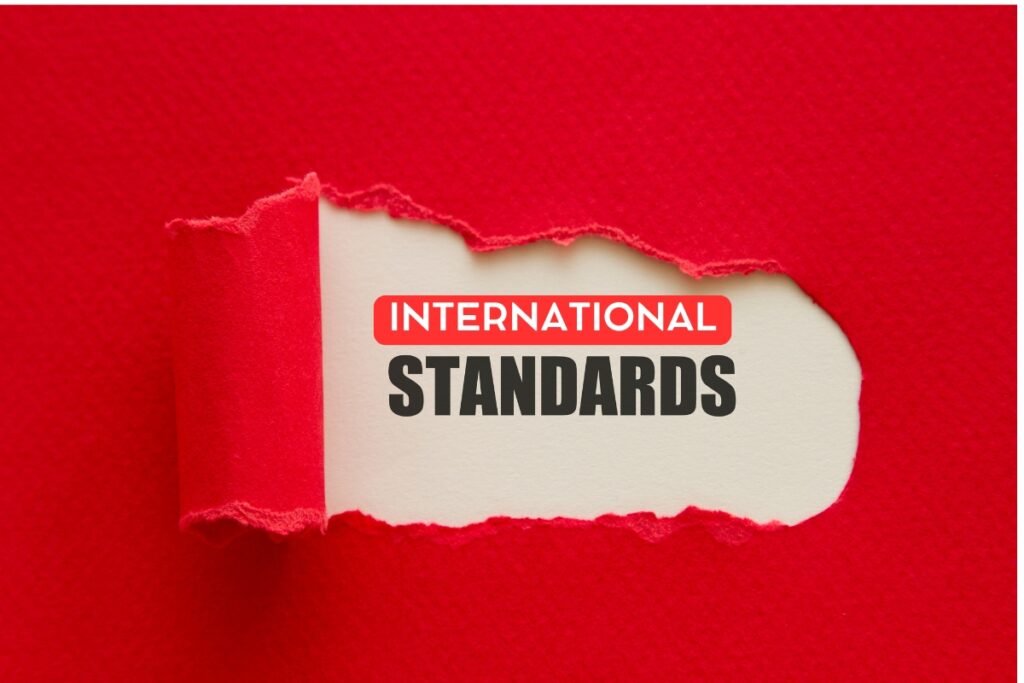
Real-World Implications in Import Countries

Streamlined Documentation
Certifications often reduce the documentation burden during regulatory submissions, simplifying the approval process in the import country.

Regulator Confidence
Regulatory bodies in import countries view certifications as evidence of a robust quality management system, which is critical for gaining market access.

Consumer Safety Assurance
International certifications reassure consumers that products meet the highest safety and efficacy standards, bolstering brand loyalty.
Conclusion
In the highly regulated global landscape, world-class certifications like WHO-GMP, GLP, ISO 9001, and ISO 13485 are not optional but essential. They signify a commitment to excellence, compliance, and trustworthiness, ensuring seamless market entry, operational efficiency, and customer satisfaction.
For manufacturers aiming to expand their footprint in international markets, these certifications serve as a cornerstone of credibility and a passport to success in the global arena.
